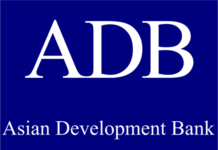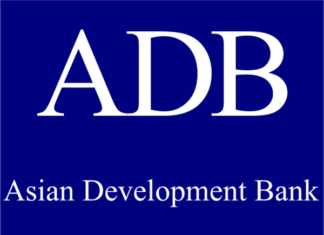When it rains, it pours. And Pakistan’s startup ecosystem has caught the worst part of it for the past year or so. In the latest in a series of lows, eCommerce platform Daraz and cloud kitchen startup Byte have been experiencing serious downsizing, whereby they have cut 11% and about 30% of their workforces respectively.
The recent layoffs come amid a funding winter for startups which have prioritised high growth over sustainability, leading to abrupt layoffs and shutdowns as venture funding goes scarce and tech startups are required to become sustainable on their own. The downturn is expected to continue through 2023.
In a message to the employees, Daraz CEO Bjarke Mikkelsen attributed the layoffs to a fall in growth of the company because of the Ukraine war, soaring inflation, supply chain disruption, increasing taxes and removal of government subsidies in markets where Daraz operates. Besides Pakistan, Daraz operates in Bangladesh, Nepal and SriLanka.
The Daraz CEO said that the company was moving towards a more conservative growth outlook in the next couple of years. “In order to weather the storm, we need to collectively do everything we can to improve profitability and save costs. This includes refocusing on the core business, simplifying the organization, and doing more with less in all departments”.
In Pakistan, Daraz has a headcount of 1,100 employees.
Likewise, cloud kitchens startup Byte has laid off about 30% of its workforce, in a bid to optimise business and focus on new products, their CEO Safee Shah told Profit, dispelling the impression that the layoffs were because of the downturn in investments that has had tech startups optimise operations and become sustainable on their own. Byte employs 97 employees according to numbers available on Linkedin. The startup, which was founded in 2020, was part of YCombinator’s Summer 2020 batch.
In September last year, tech giant foodpanda in Pakistan also discretely laid off employees as the company scrambles to chase profitability.
What’s been happening?
The situation for Pakistani startups is particularly dire because of the overall economic slowdown in Pakistan. In terms of funding, last year ended with a total of an estimated $355 million raised in disclosed funding across 57 deals by Pakistan’s startups in 2022, according to data compiled by VC and insights firm Invest2Innovate (i2i).
Compared to more than $380 million of funding in 2021, last year’s numbers translate to a drop of about 6.6%. This might not seem like a significant drop, however, when considered in light of the expected increase in funding every year, even a small drop seems sizable. The link below explains how the last quarter of 2022 recorded the lowest amounts of startup funding in the last four years.
Read: Last year was brutal for startups. This year might be even more so
For those who thought that last year was the final step in the opposite direction, with prominent startups like Airlift and SWVL shutting down operations in Pakistan, the worst is yet to come. After last year’s abysmal performance, the situation seems to be worsening this year. Startup funding is expected to drop even further and companies, like the ones discussed above, are reacting by prioritising profits over growth and slashing their workforces. We might be headed towards an economic crisis as bad as the one during Covid.
The regional context
According to Insights, Asia encountered a 70.52% year-on-year and a 38.72% quarter-on-quarter decline in startup funding in 2022. Moreover, the last quarter recorded the poorest performance of startup funding in Asia in five years, whereby only $16.3 billion was raised. The deal count of 2,371 has also been the lowest count recorded since the pandemic lockdowns across the continent. This shows that venture capital investment all over Asia has been declining.
CB Insights’ data shows that Pakistan recorded the lowest investment of $15.15M in the last quarter of 2022 compared to emerging markets. While the rest were northwards of $100 million, except for Brazil, which was at $600M, Pakistan only recorded $15.15 million. Moreover, Pakistan also experienced the steepest decline in quarter-to-quarter investment and the second-worst decline in year-on-year investment.
It can be argued that the domino effect of a global economic slowdown, paired with the dreadful local macroeconomic crisis is cascading down to Pakistan’s startup ecosystem, explaining the aggressive downsizing in Daraz and Byte. And since there is no sign of respite, more could be coming.
























Everyone can benefit from and learn from this. Maintain a steady stream of updates. Gratitude fills my heart for what you’ve done for me. Again, I appreciate you giving it to the world.